Collecting correctly, fully, easily, easily checked, and easily monitored will contribute to correctly assessing the economic potential and position of the country, avoiding negativity and budget losses.
It is time for us to re-evaluate tax regulations and tax reform is inevitable and according to Professor, Dr. Hoang Van Cuong - 15th National Assembly Delegate, Member of the National Assembly's Finance and Budget Committee, we have a lot of work to do to carry out this reform.
From the discussion with Prof. Dr. Hoang Van Cuong, the Government E-newspaper would like to introduce a series of articles, providing a perspective on the current state of the tax system - the backbone of the economy as well as suggesting solutions to improve this system for the better, with a reasonable design, smoother operation, in the context of the institution identified by the Party and State as "the bottleneck of bottlenecks" and also "the breakthrough of breakthroughs".
According to Prof. Dr. Hoang Van Cuong - Member of the National Assembly's Finance and Budget Committee, a tax reform is inevitable in the current context - Photo: VGP/Quang Thuong
Lesson 1: Decoding the tax system: Removing bottlenecks, nurturing development momentum
Prof. Dr. Hoang Van Cuong started the issue with value added tax (VAT), a common tax, most goods and services on the market are subject to this tax and looked at VAT from a global perspective. He mentioned the US - where VAT is not applied but instead sales tax is applied by each state. This model is so simple that "how much is sold, tax is collected, paid immediately - no need to prove input and output".
In comparison, Canada and Australia implement the GST (Goods and Services Tax) model - a variation of VAT but with a lighter operation, avoiding causing congestion of business cash flow. Meanwhile, Singapore and Hong Kong (China) maintain extremely low consumption tax rates, actively using taxes as a tool to stimulate demand and compete for investment.
"The nature of these taxes is to be levied on the final consumer - no different from VAT. But the way they operate is what determines whether the economy is comfortable or stifling," Professor Hoang Van Cuong pointed out.
Vietnam can absolutely learn, but not to copy, but to select and adapt. We need to ask the question: why is the same consumption tax, but in some places it is simple, but in other places it becomes a nightmare for businesses? The answer lies in one keyword: "operation".
VAT – superior in theory, inadequate in operation
VAT has long been considered one of the most civilized and progressive taxes. Currently, about 160 countries in the world apply this tax, considering it the backbone of budget revenue. The outstanding advantage of VAT is that it is only levied on the added value at each stage of production and circulation. Ultimately, the final consumer is the taxable subject, while businesses in the intermediary stage only perform the role of "collecting on behalf of" and are refunded the input tax paid. Thanks to this deduction - refund mechanism, VAT avoids double taxation on the same goods, thereby creating relative fairness between types of businesses.
However, that advantage leads to significant challenges in practice. To operate according to the VAT principle, each enterprise participating in the production and distribution chain must transparently demonstrate the amount of VAT paid at the input and the amount of VAT collected at the output, thereby determining the difference that must be paid back to the State. This process creates a large amount of paperwork and procedures, making the VAT system complicated and difficult to operate. That complexity invisibly opens up loopholes for fraudulent and profiteering behaviors, causing waste and loss. In fact, in recent years, there have been many shocking VAT refund fraud cases, when a number of enterprises colluded to create fake transactions to appropriate tax refunds.
One of the biggest shortcomings of the current Vietnamese tax system is the situation of double taxation.
Faced with this phenomenon of loss, tax authorities are forced to tighten the tax refund process and increase post-audits. However, while tightening measures prevent fraudsters, they unintentionally put legitimate businesses in a difficult position. Many businesses have paid real input tax but are struggling to claim tax refunds, having large sums of money "held" for a long time. As a result, many businesses have lost working capital, and money that should have been used for production and business is stuck at tax authorities. Clearly, these are the downsides of the current VAT policy - a valuable lesson about the gap between good policy ideas and ineffective implementation.
Recognizing these shortcomings, Professor Hoang Van Cuong frankly stated that the fault does not lie in the nature of the tax, but in the way we operate it. VAT is, after all, still an advanced tax; the problem is that we have distorted it through cumbersome implementation steps. Out of fear and to prevent fraud, management agencies have set too many strict regulations, and that makes it difficult for businesses to comply. He pointed out the absurd situation: some businesses have to pay input tax, but the output products are not subject to VAT, leading to no way to claim a tax refund. These paradoxes stem from limitations in policy, not because VAT is "at fault". Therefore, to promote the advantages of VAT and overcome its disadvantages, Vietnam needs to fundamentally change the mindset and operating mechanism of this tax.
Tax on tax: A silent obstacle on the journey of integration and growth
Looking more broadly, Professor Hoang Van Cuong agrees with many opinions that Vietnam's tax system in recent years has achieved many very important and fundamental results, promoting the positive role of fiscal policy, nurturing revenue sources, supporting the removal of difficulties for the economy, businesses, and people, promoting economic and social recovery and development.
In 2024 alone, the annual revenue will be the highest ever, reaching over VND2 million billion, up 19.1% compared to the estimate; the mobilization rate will reach 17.8% of GDP, while taxes and fees alone will reach 14.2% of GDP, while nearly VND200 trillion in taxes, fees, charges and land rents have been exempted, reduced, and extended. In addition, the tax system still has shortcomings and limitations. One of the biggest shortcomings of the current Vietnamese tax system is the situation of double taxation - when a product or consumption behavior is simultaneously regulated by many taxes with similar functions.
For example, imported cars are now not only subject to import tax, but also to special consumption tax. Then, businesses continue to pay VAT, calculated on the special consumption tax. This causes the taxable value to be repeatedly pushed up, causing a sense of injustice for both businesses and consumers.
A similar case is gasoline – which is subject to both special consumption tax and environmental protection tax. Both taxes are aimed at regulating harmful consumer behavior, but when applied simultaneously without clearly defining their roles, the policy becomes opaque, obscuring the real regulatory objective.
"The same behavior but regulated by many taxes will create a sense of irrationality, eliminating both management goals and market dynamics," commented Professor Cuong.
The VAT structure, which is levied on both special consumption tax and environmental protection tax without specific impact assessment, is considered inconsistent with fair trade standards.
In the context of Vietnam's increasingly deep participation in new generation FTAs such as EVFTA and CPTPP, building a tax system with clear functions and transparent objectives is not only necessary for domestic enterprises, but also a condition to affirm the country's position in global integration.
Resolutely eliminate the mechanism of asking for and giving, cumbersome administrative procedures, reduce inconvenience and harassment for people and businesses.
Compliance Burden: Small Business's Invisible Wall
Another persistent bottleneck is tax compliance costs – a seemingly small factor but one that has a decisive impact on the development of small and medium-sized enterprises. In other words, it is one of the important reasons why business households and small and medium-sized enterprises "refuse to grow".
In theory, tax policy is applied uniformly to all businesses. But in practice, compliance costs are inversely proportional to size: the smaller the business, the greater the burden – when measured as a percentage of revenue or profit.
"A large enterprise can hire an entire accounting department to do taxes. But a small enterprise with a revenue of several hundred million must also hire someone to do the same - that cost accounts for a huge proportion of total revenue," Professor Cuong pointed out the reality.
This imbalance is one of the invisible walls preventing individual businesses from becoming enterprises. They do not mind paying taxes but are afraid of cumbersome procedures, additional costs, and the risk of administrative sanctions.
If the tax system is not simplified, this “gray area” will continue to exist – not because of evasion of obligations, but because of the fear of not being able to comply with the law. In doing so, we will lose the opportunity to turn informal resources into a legal, transparent, and sustainable productive force.
"When compliance costs are low, businesses will have no incentive to avoid them. On the contrary, they will proactively participate in the system to be protected and develop," Professor Cuong affirmed.
On that basis, Professor Hoang Van Cuong highly agreed with the direction of Prime Minister Pham Minh Chinh when attending the conference to summarize the financial and budgetary work in 2024 and deploy tasks in 2025. Accordingly, the financial sector needs to have breakthrough thinking, strategic vision, dare to think, dare to do, dare to innovate, dare to take responsibility, dare to overcome one's own limits; resolutely eliminate the mechanism of asking for and giving, cumbersome administrative procedures, reduce inconvenience and harassment for people and businesses. In particular, the Prime Minister requested to resolutely implement administrative procedure reform, digital transformation in the financial and budgetary sectors, resolutely digitize budget revenue and expenditure, deploy electronic invoices generated from cash registers to prevent tax losses...
The economic expert also highly appreciated the statement of Minister of Justice Nguyen Hai Ninh that the time is now ripe to promote fundamental innovation in law-making and enforcement, and fundamental innovation in law-making thinking. In the new era, the law must truly be the foundation of development, serving development and promoting development; "taking people and businesses as the center and subject".
Law-making must apply a realistic and practical approach; ensure conformity with the actual conditions of the country, solve life's problems and find a development path from practice; at the same time, selectively absorb international experience in law-making and law enforcement, keeping up with the trend of the times.
Hoang Thu Trang
Source: https://baochinhphu.vn/da-den-luc-can-cuoc-cai-cach-ve-thue-bai-1-102250415100212126.htm


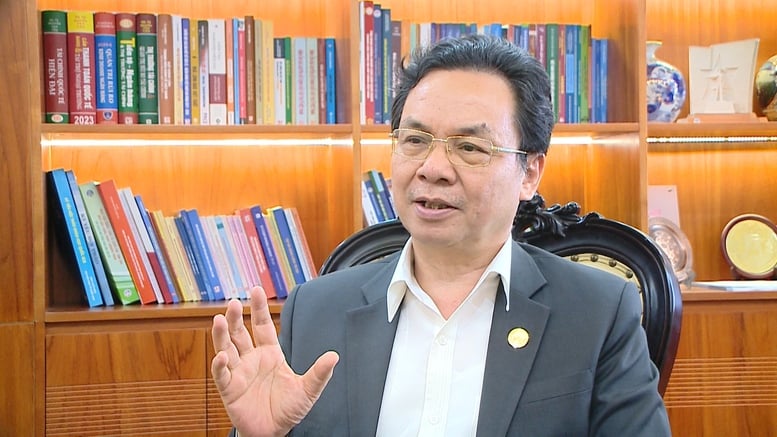
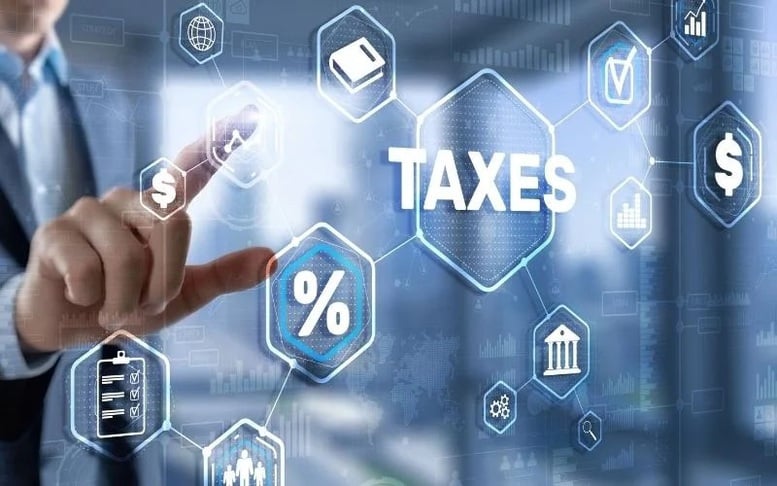
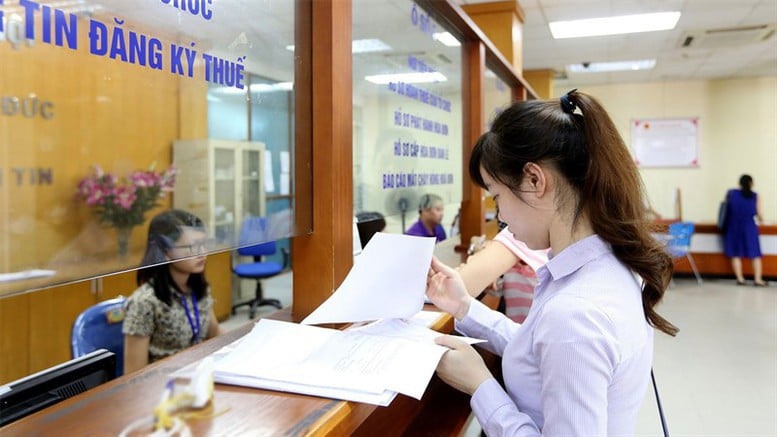





![[Photo] Thousands of Buddhists wait to worship Buddha's relics in Binh Chanh district](https://vstatic.vietnam.vn/vietnam/resource/IMAGE/2025/5/3/e25a3fc76a6b41a5ac5ddb93627f4a7a)



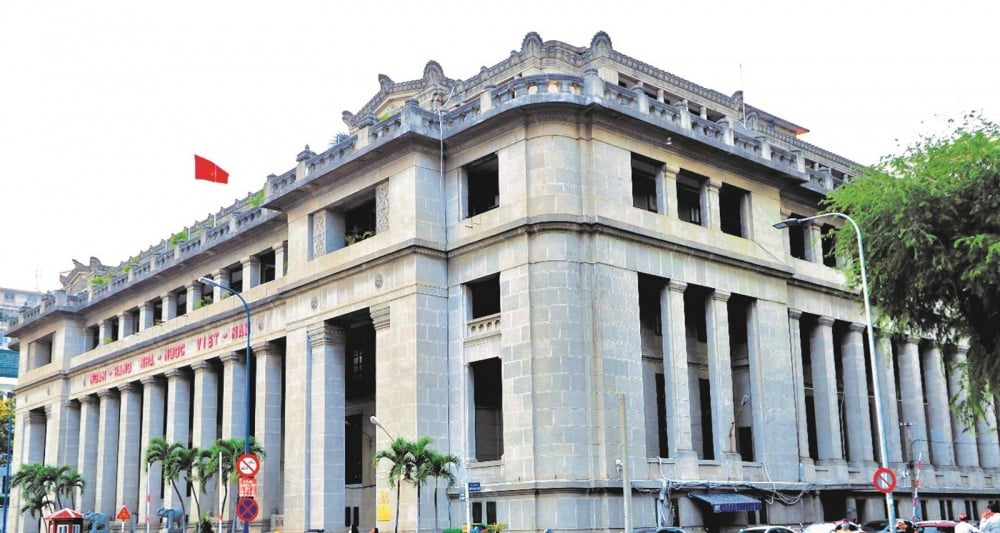





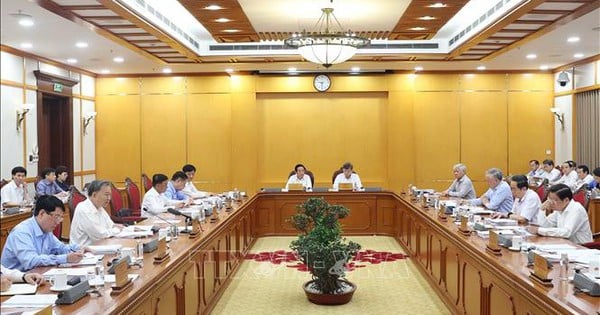

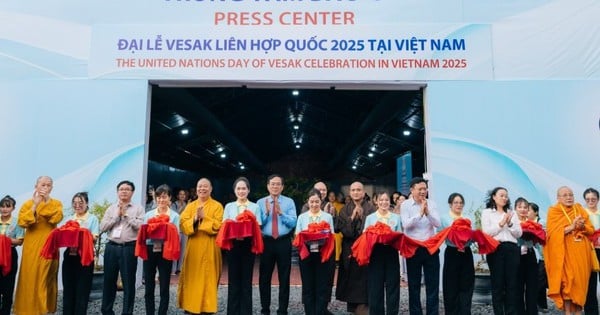
















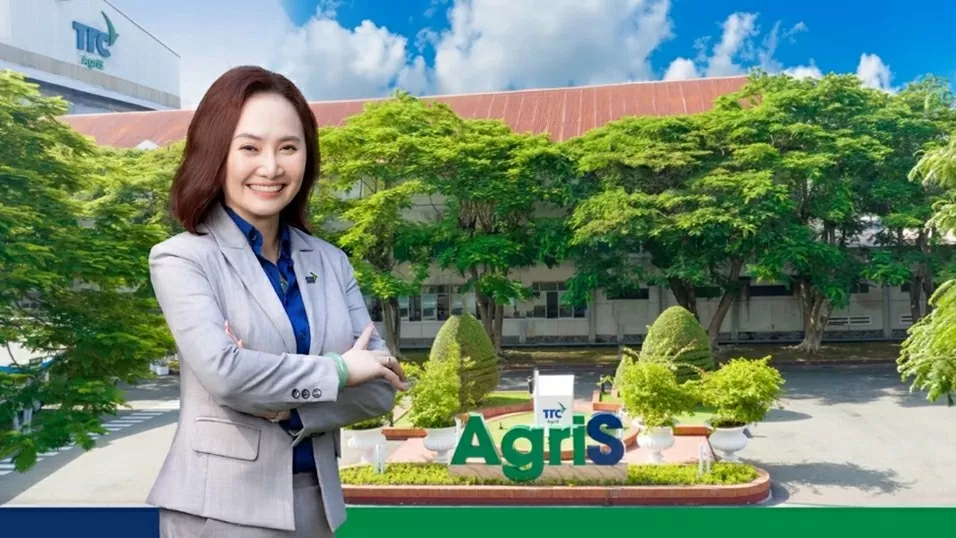



















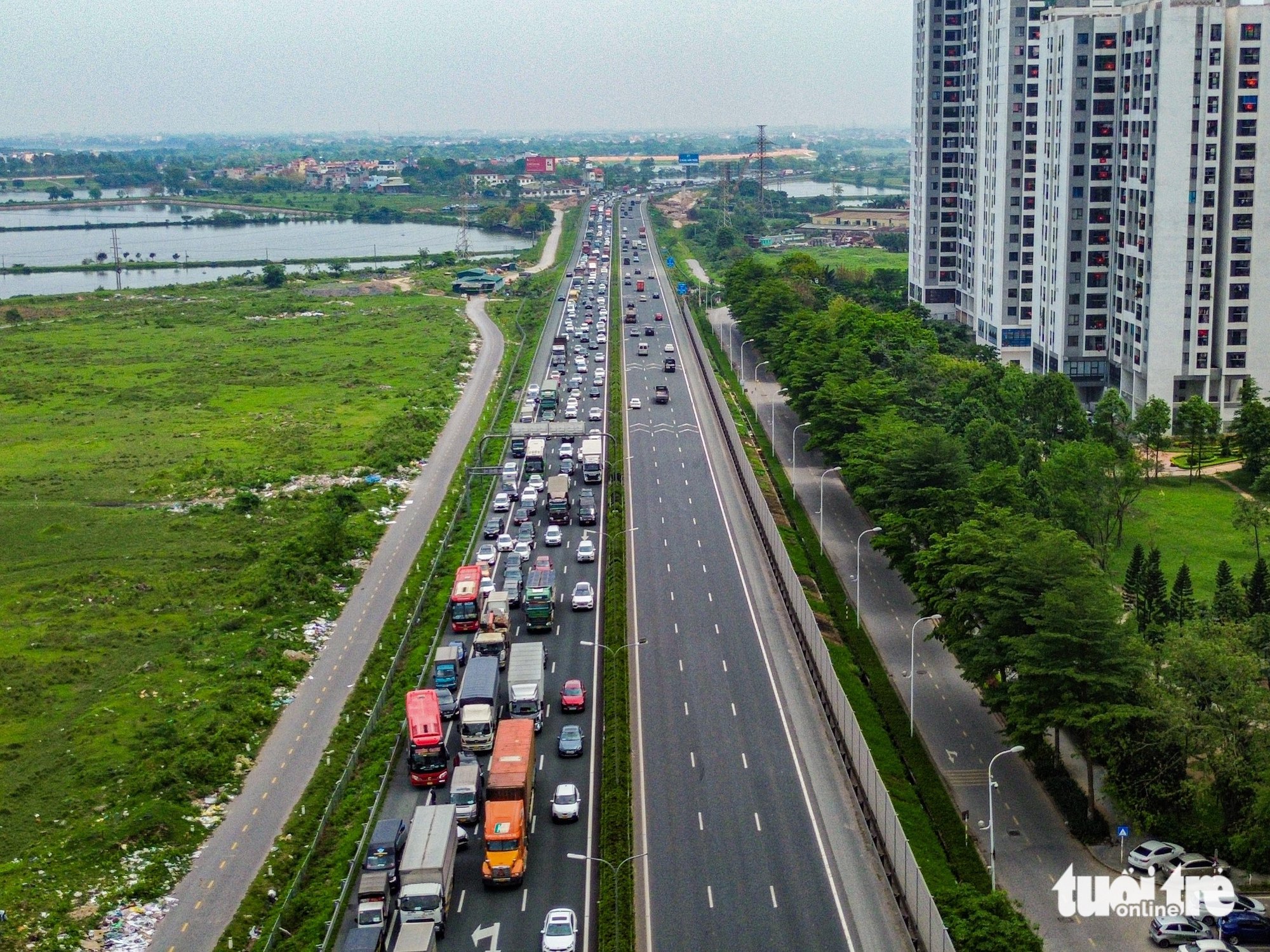
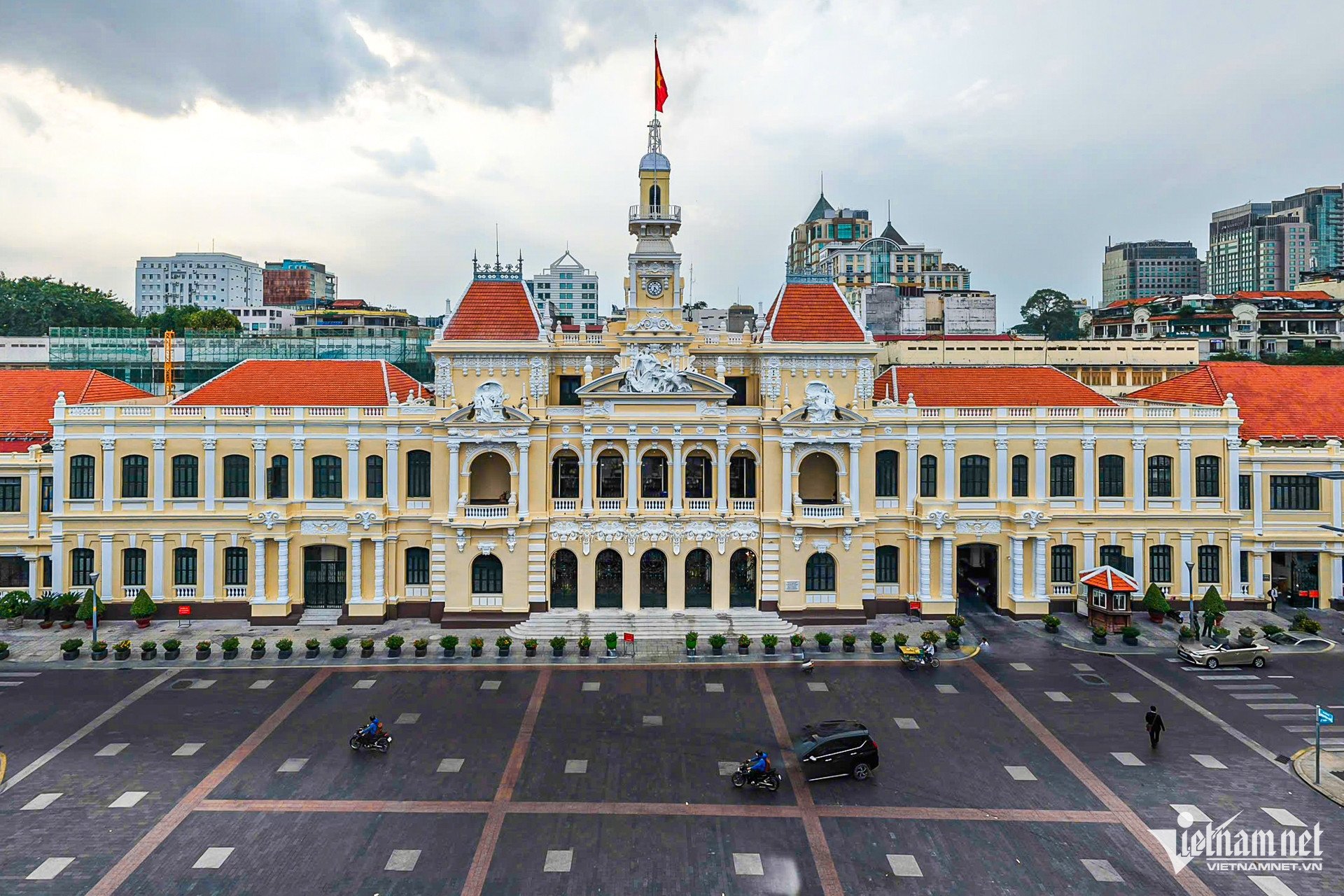









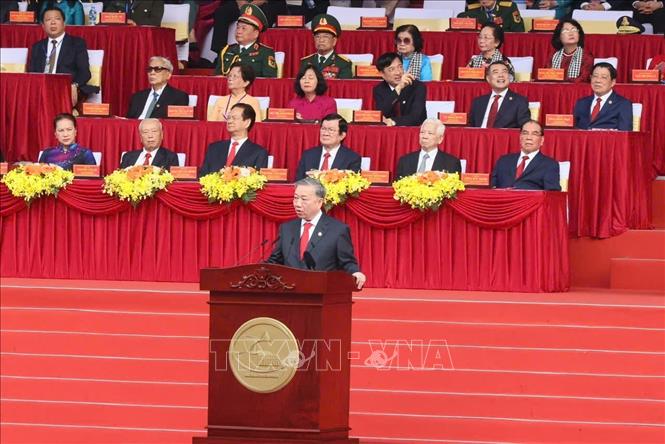











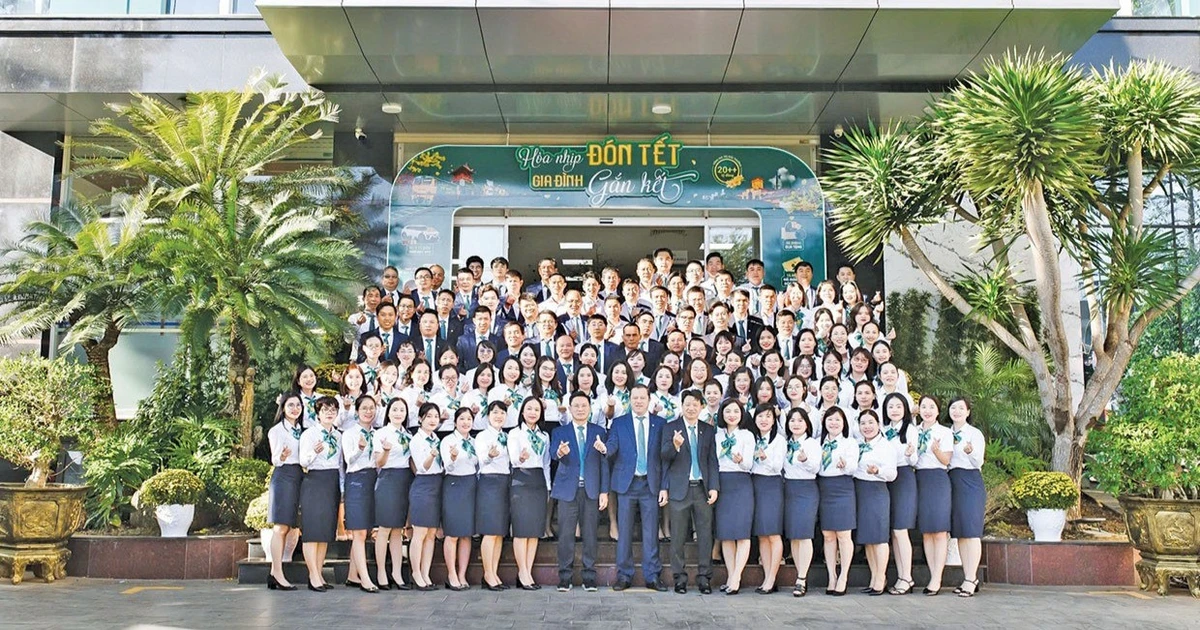










Comment (0)